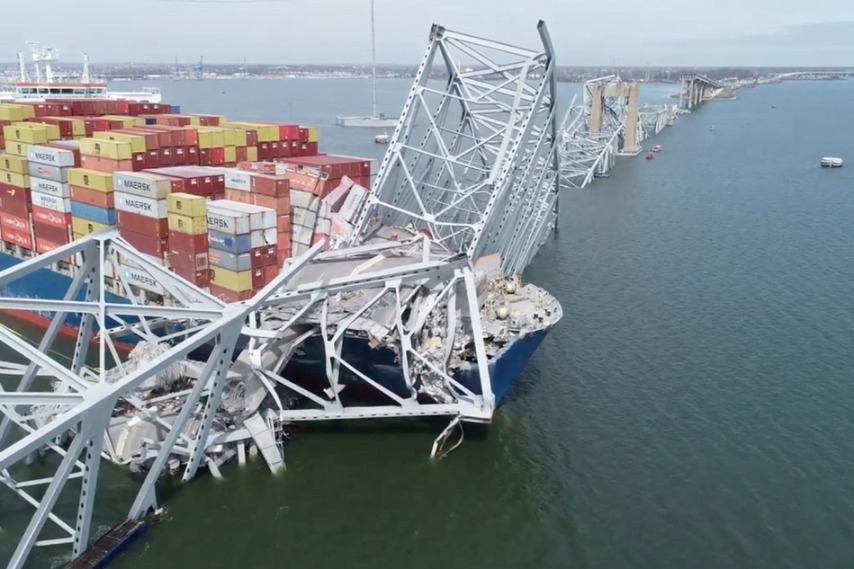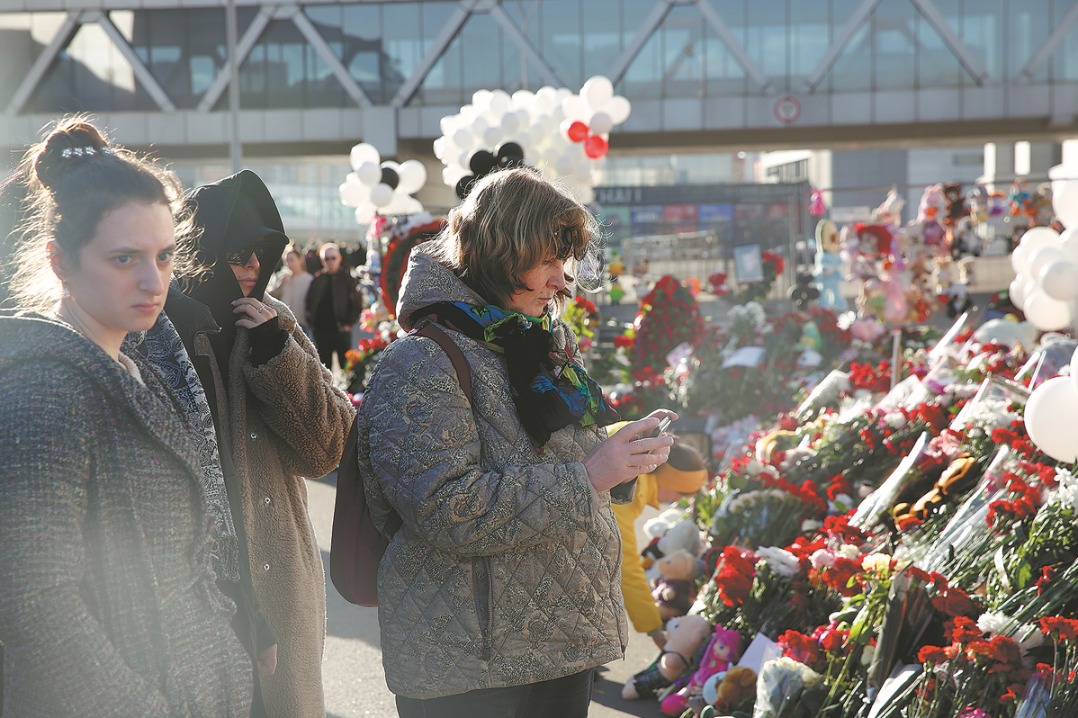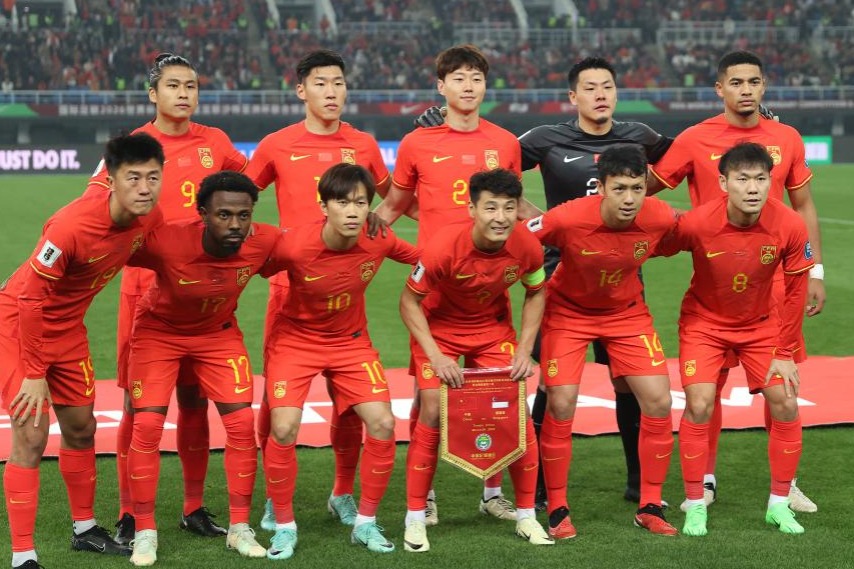Experts: Summit of Americas may erode regional relations
By LIU YINMENG in Los Angeles | CHINA DAILY | Updated: 2022-06-06 08:08
The Summit of the Americas is shaping up to be a diplomatic blunder that threatens to erode regional ties that the United States had hoped to restore in the Western Hemisphere, analysts and experts said ahead of the conference being held this week.
"The Summit of the Americas has become the Summit of Friends of Washington. It represents an embarrassing failure for the United States, since so many countries are either not sending their leaders, or are sending a lesser representation of their government," John Kirk, a Latin America studies professor at Dalhousie University in Canada, told China Daily.
The ninth Summit of the Americas, a triennial gathering of national leaders from the Western Hemisphere, will be held from Monday to Friday in Los Angeles. The event marks the first time that the forum will take place in the US since its inaugural session in 1994.
With the theme of "Building a Sustainable, Resilient and Equitable Future in the Western Hemisphere", the summit aims to address challenges posed by the COVID-19 pandemic, climate change and "threats to democracy", among others, the US State Department said on its website.
The White House also hoped to repair Washington's ties with Latin American countries and reassert its leadership in the region.
However, controversy has surrounded the international conference, especially because of the US decision to exclude Cuba, Venezuela and Nicaragua from the summit, which angered a number of Latin American countries.
Mexican President Andres Manuel Lopez Obrador said he would skip the event unless all countries in the Americas can participate.
The leaders of Bolivia, Honduras, Guatemala and several Caribbean states have also suggested that they will not attend, or will send lower-profile delegations.
This summit offers an opportunity for the US to strengthen regional support at a time when its relationships with both Russia and China are strained. However, "just the opposite has happened", and "the United States is looking isolated in its own hemisphere", Kirk said.
"If the idea is to have a regional meeting of all countries in the region, then that is what should occur. It is wrong to avoid the presence of countries with which you disagree-a view shared by most countries in Latin America. The end result is a diplomatic nightmare for the Biden administration," Kirk said.
Robin Lauren Derby, a history professor at the University of California, Los Angeles, told China Daily that the decision by Mexico's president not to attend is "a huge slap in the United States' face "since the country has become a major trading partner of the US through the 1994 North American Free Trade Agreement.
"Mexico's absence will clearly limit the influence of the summit since immigration is a very important concern for the US and it is no longer just Mexican and Central American migrants who are now arriving at the US-Mexico border-there are large numbers of Haitians, Brazilians and Cubans as well, for example," Derby said.
The number of migrants attempting to cross the US-Mexico border has spiked again in recent months. The Biden administration has identified the issue as a core part of the meeting's agenda.
In addition to migrants, important issues related to gang violence, money laundering and human trafficking also need to be addressed at the conference, Derby said.
Many countries in Latin America agree with the US stance in defense of democracy, "yet even these countries feel that the way in which the United States operates in the region is not as respectful of the sovereignty of Latin American countries as they would like", said Gerardo Munck, a political science and international relations professor at the University of Southern California.
Excluding the leaders of some countries from attending is not necessarily the best way to support democratic principles, Munck said.
Instead, the US could invite Cuba, Venezuela and Nicaragua, "and then have a discussion with all countries present about what could be done to better defend democracy in the hemisphere", he told China Daily,
Abe Lowenthal, professor emeritus of international relations at the University of Southern California, said in a statement, "What does happen at the summit will depend on the respective approaches of the US government and those of the Latin American and Caribbean countries regarding the opportunities the conclave presents."























